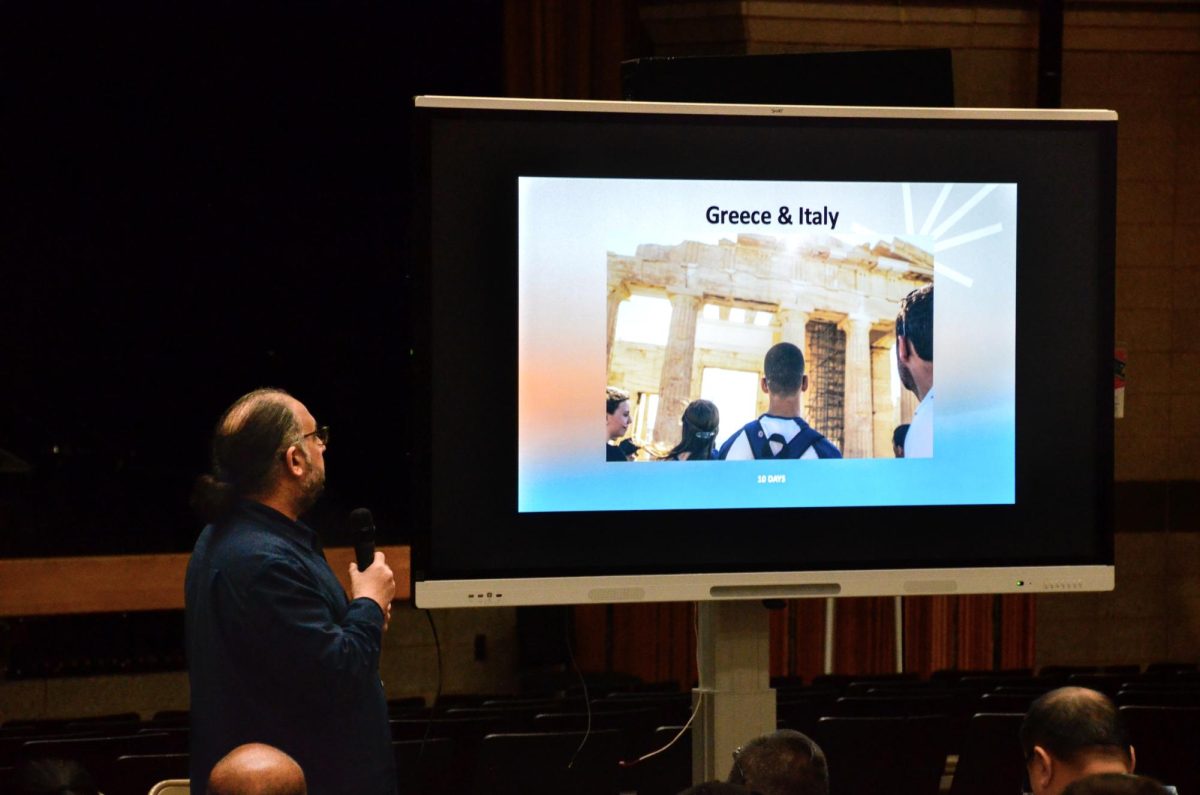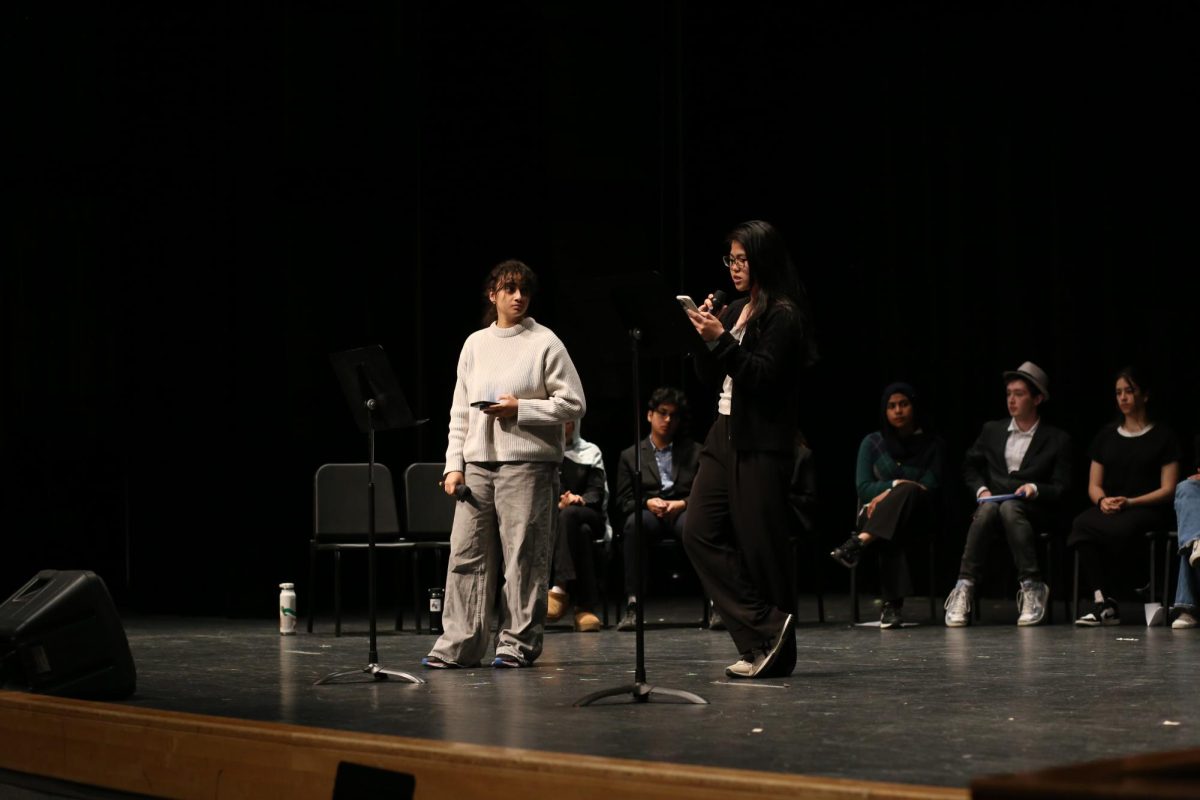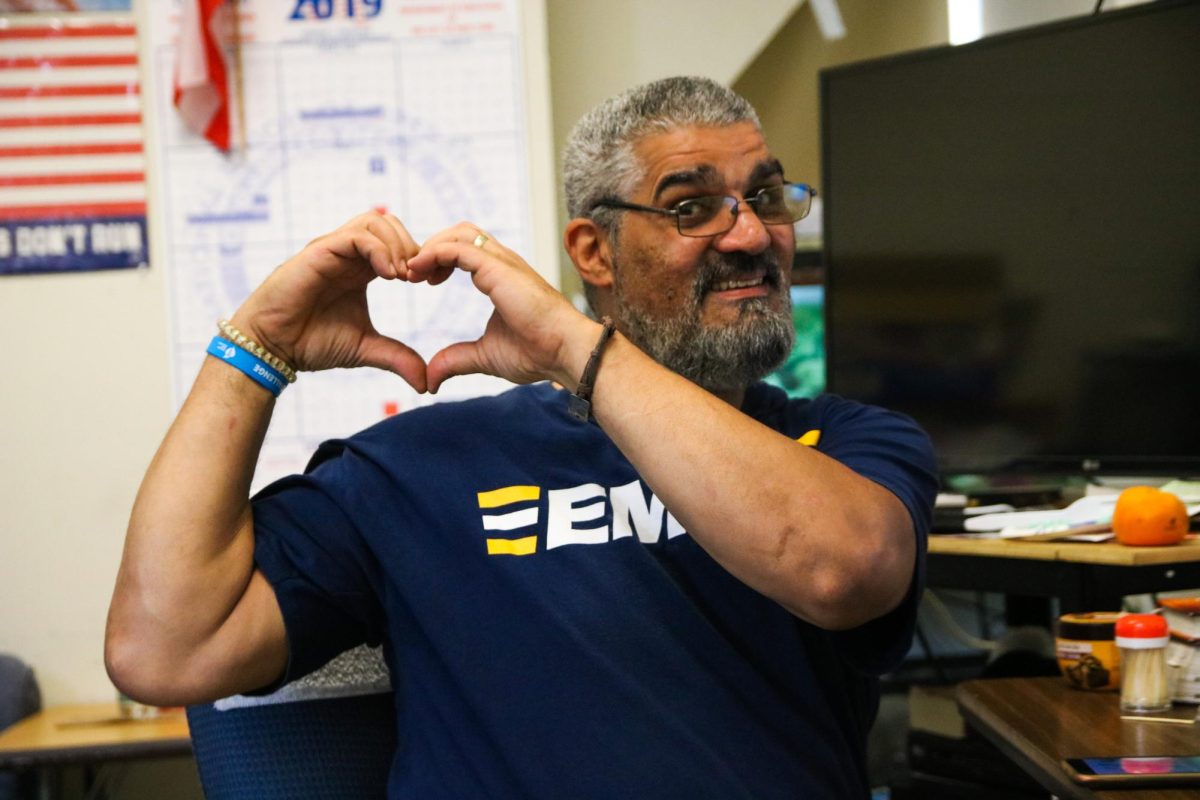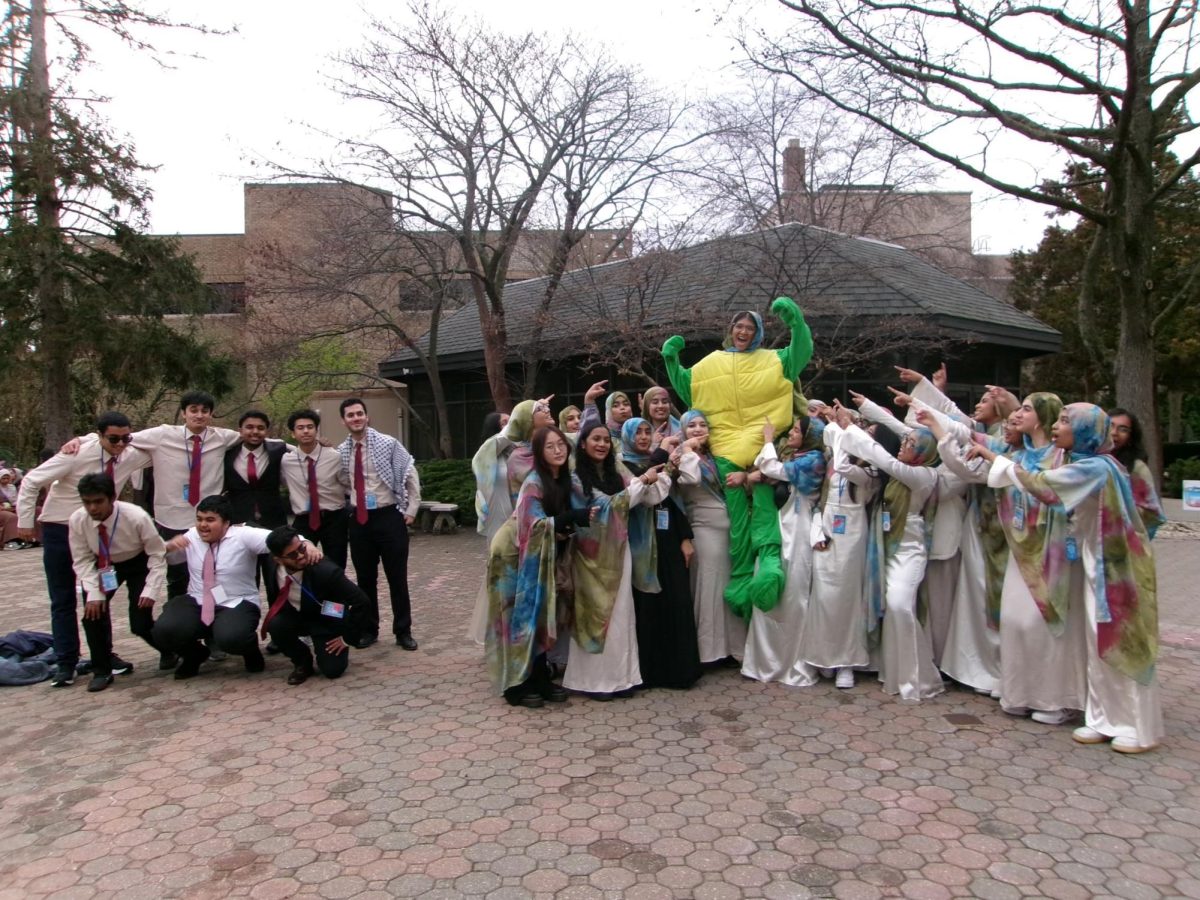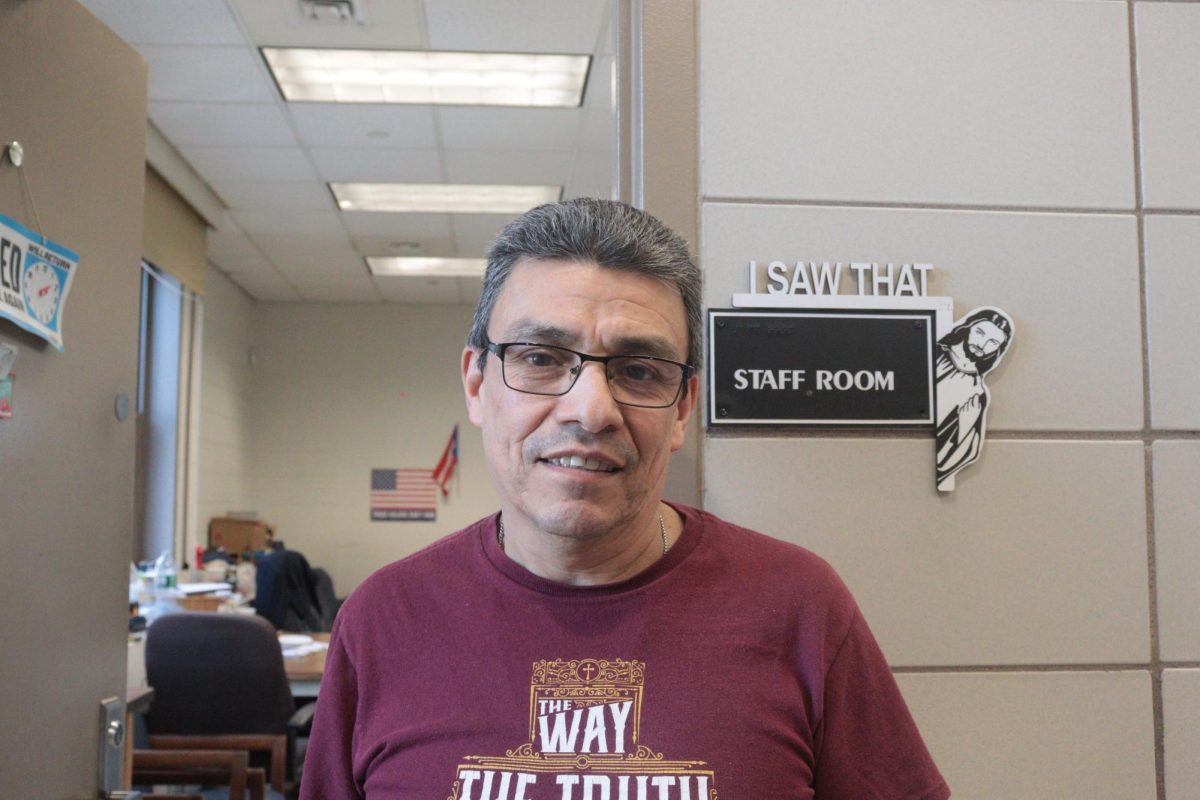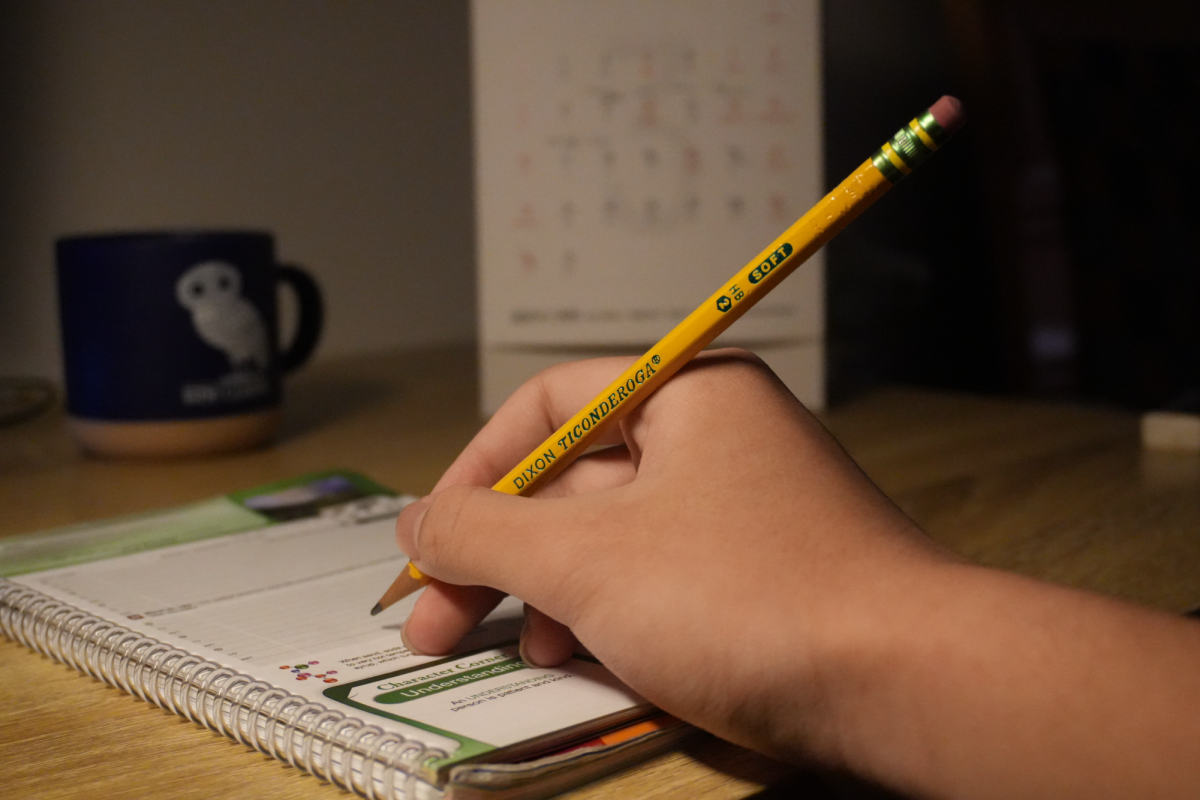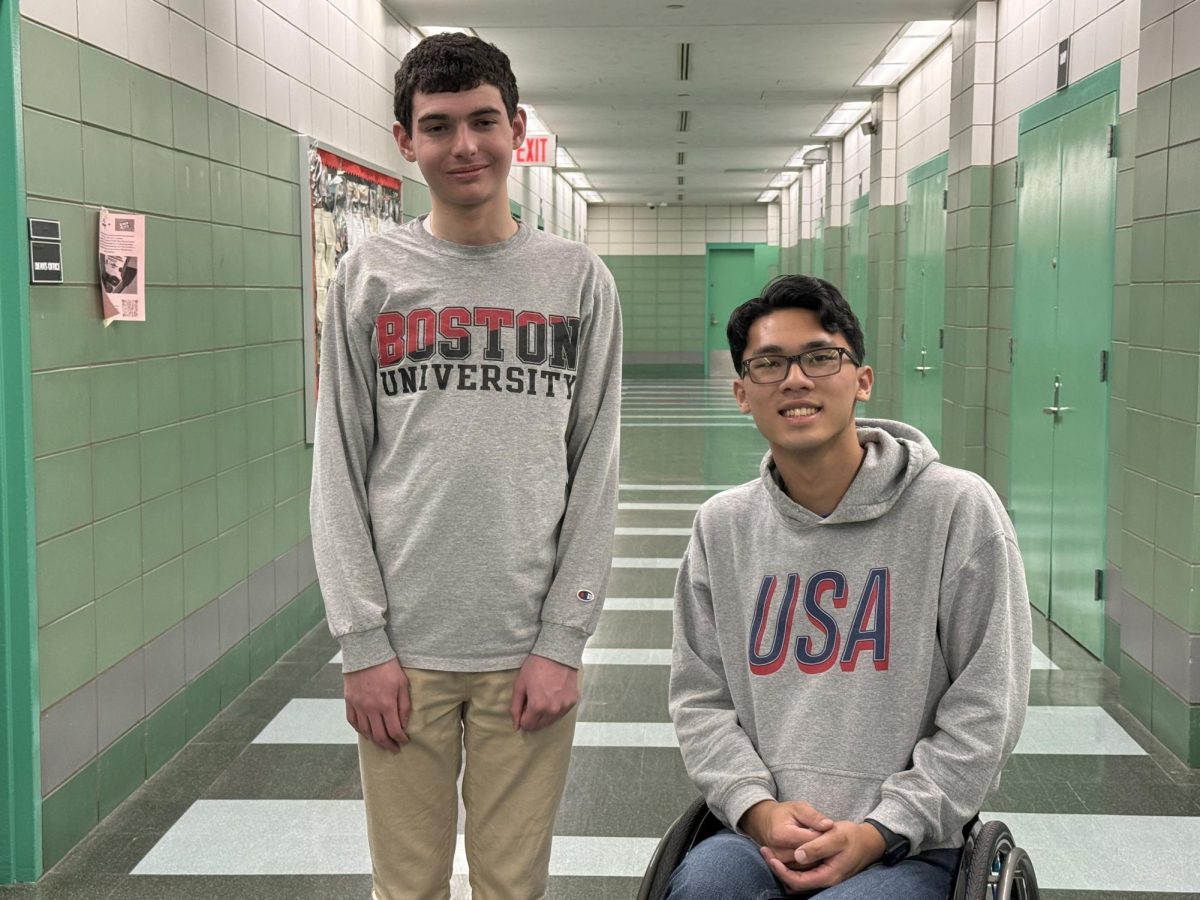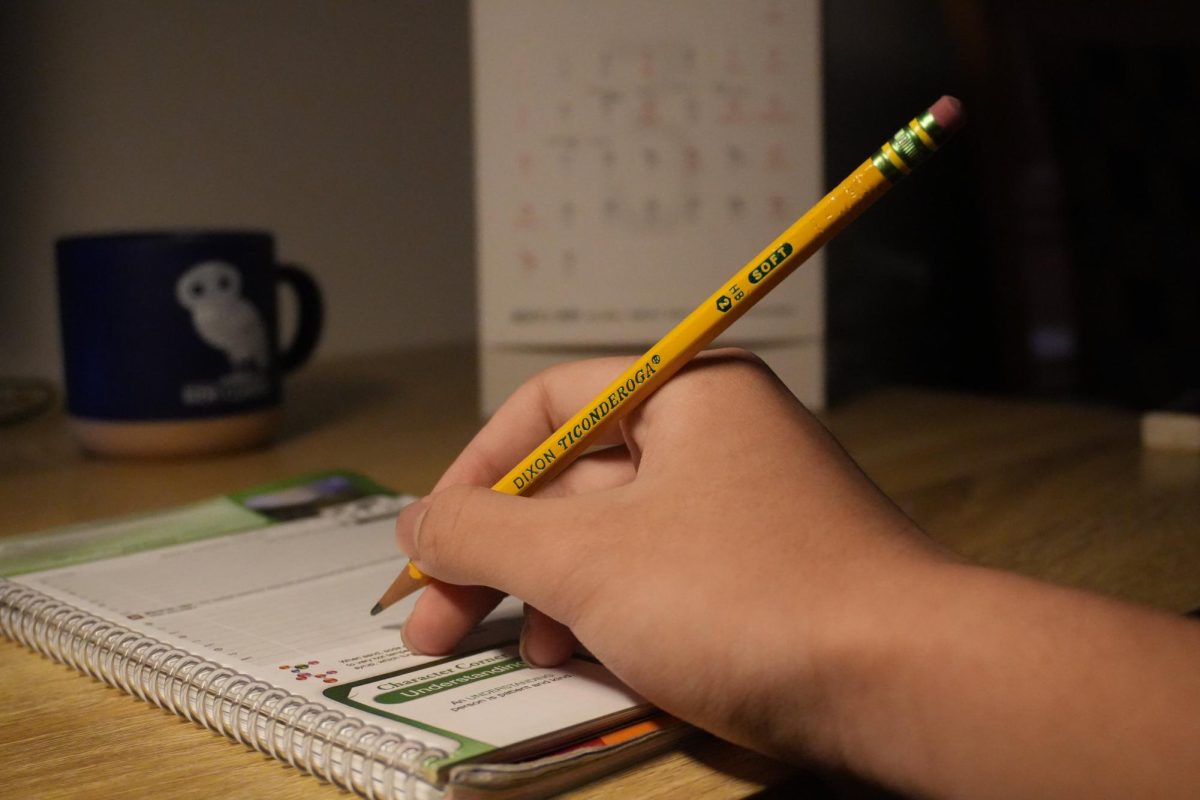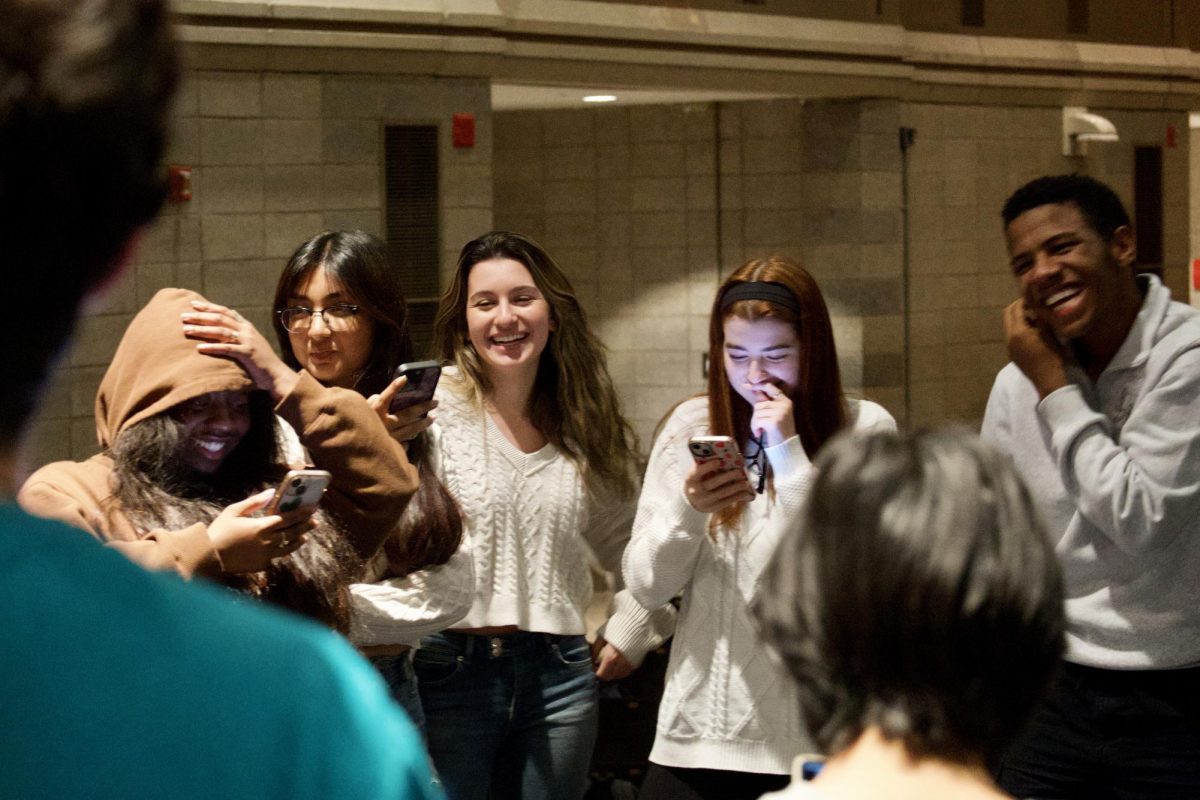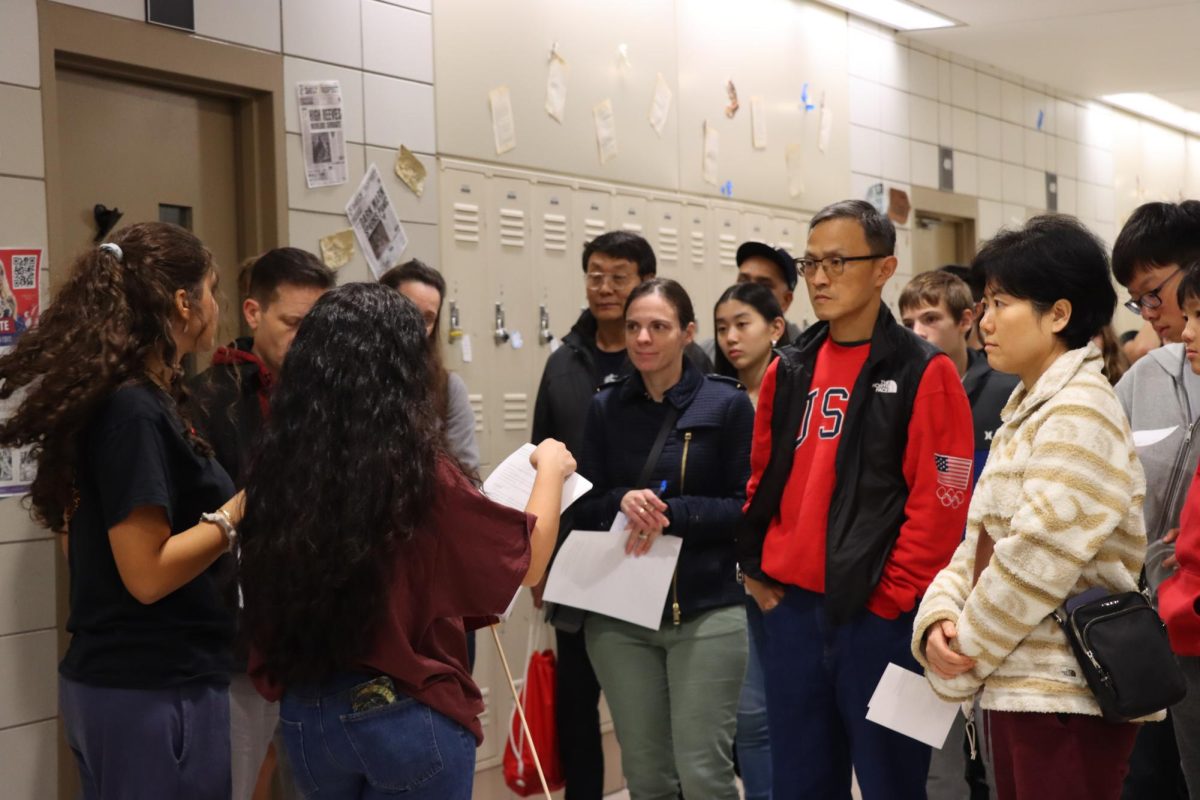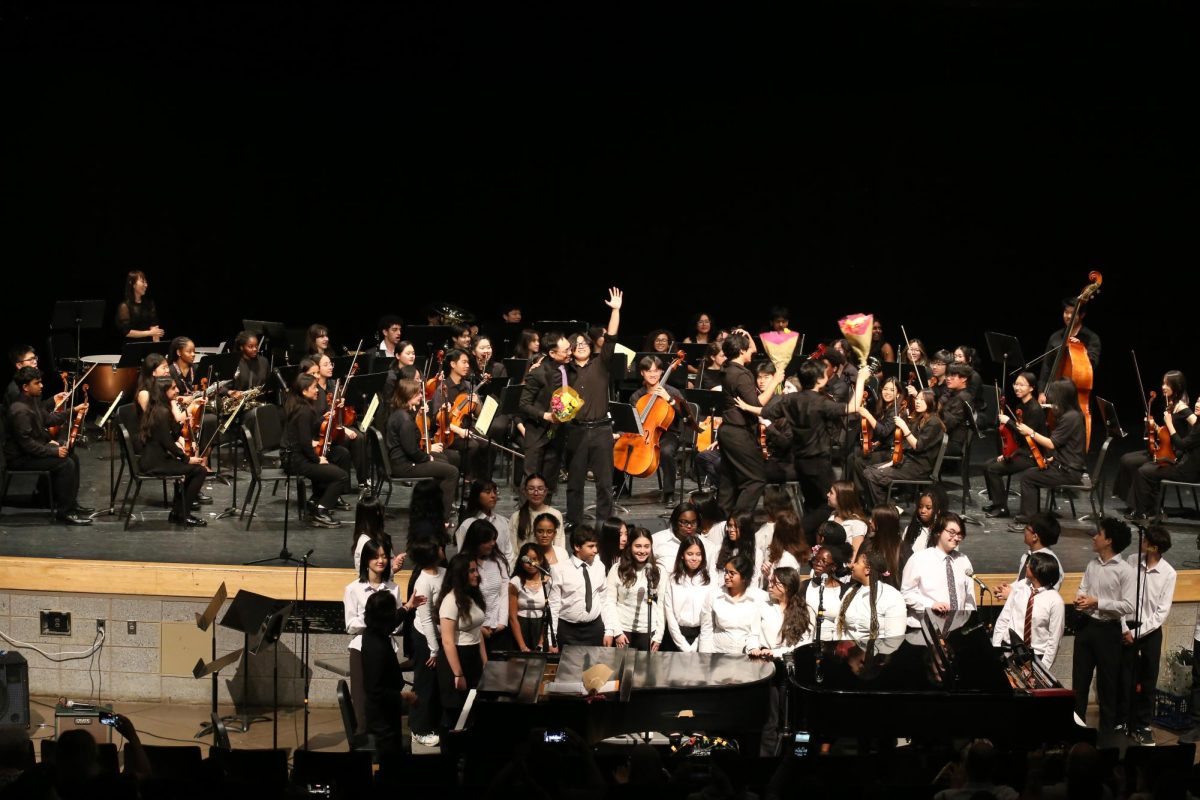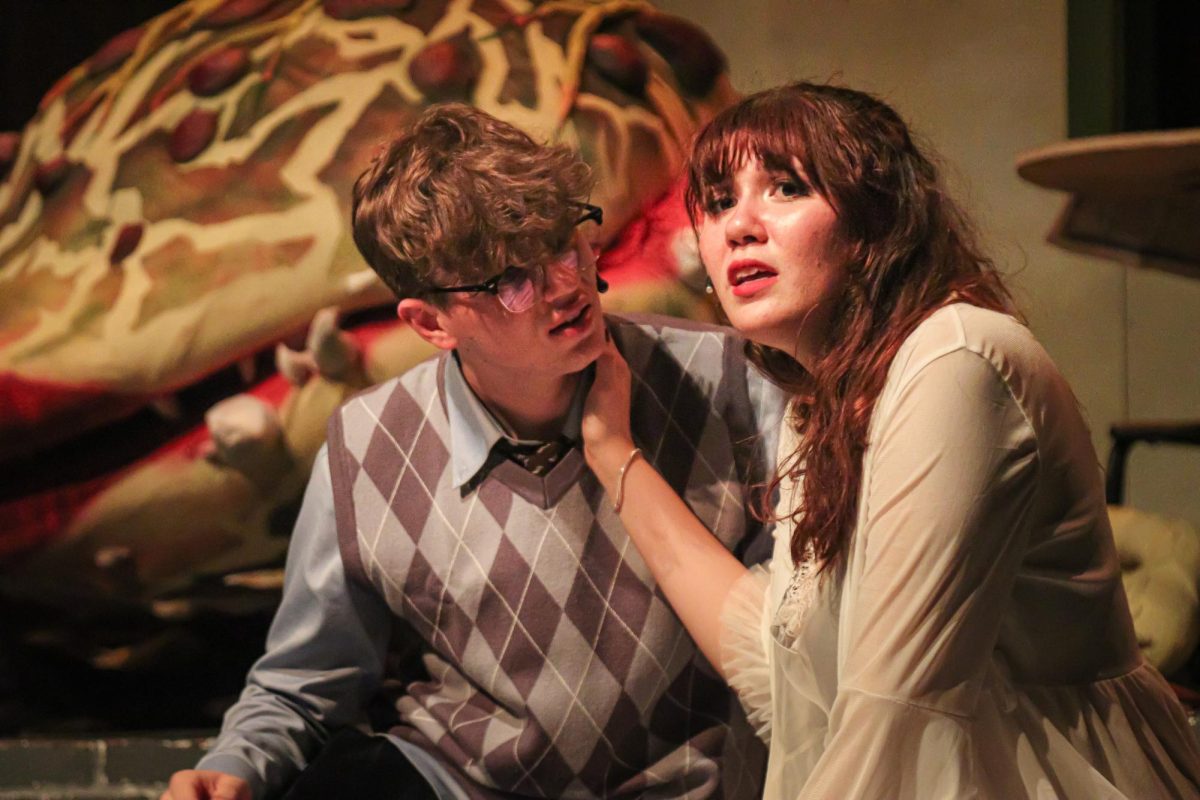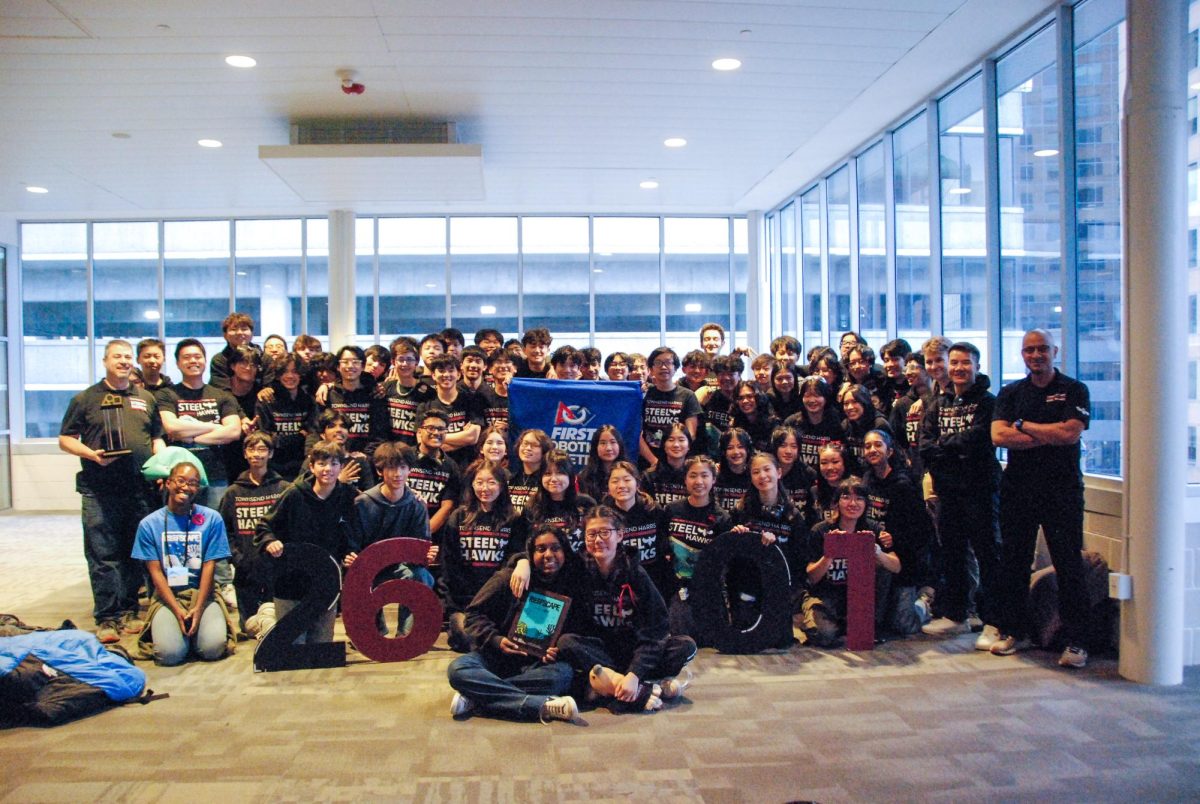
In response to school closures due to COVID-19, this year’s Student Union election will occur online. Candidates officially started campaigning on April 6 and will continue to do so on various online platforms until the election in May.
To mediate the circumstances, the current SU executive board has made slight modifications to the campaign guidelines. “In previous years, candidates were allowed to spend a maximum of $25 and were only allowed 3 posters and 24 flyers,” SU Vice President senior Emily Tan said. “We’ve modified the rules so that candidates are not allowed to spend money and are only allowed to do their campaigning online.”
The content posted by the candidates will be reviewed by the Screening Committee, which includes the Coordinator of Student Activities, the SU President, and the SU Vice President to ensure that it is appropriate.
“The candidates and their campaign managers have done a great job of quickly modifying their campaign strategies to better suit the digital environment we’re living in. These are all untapped methods of campaigning that are environmentally friendlier,” COSA Sarah Loew said.
“The SU Board is working hard to make sure that the election is gaining enough attention and that our candidates are getting enough exposure,” SU President senior Annlin Su said.
“The SU Election Committee has created a presentation to help students get to know each candidate more,” Mrs. Loew added. “I know that The Classic won’t miss a beat and will continue to help students become informed voters.”
Despite these modifications, most candidates agree that online campaigning has its benefits. “You can update information instantly,” sophomore and candidate for Junior BSAC Farwa Batool said. “It could reach more people and cost less money.”
Junior Katie Hsu, who is running to be Senior Class President, believes that it is “more fun than what it might’ve been in person” since “it allows [candidates] to show different aspects of [themselves] that they otherwise would not have seen.”
However, many candidates share the belief that online campaigning limits their ability to connect with students who are not on social media. “This raises a question of equity,” current Junior SLT junior Ali Boivab said.
“We may not be able to reach those students who would have otherwise gotten the information from school campaigning through fliers and assemblies,” junior and SU Vice President candidate Khushboo Shah added.
“Classroom to classroom visits, school posters, and physically engaging with fellow students are the tried and true techniques in campaigning,” Farwa said. “Online campaigning was a small part of the original campaigning technique but making it the main method of campaigning was a little challenging.”
Despite these changes, most candidates agree that there has not been a significant impact on their campaign. “My campaign last year was mostly online so it’s not very different,” current SU Secretary sophomore Zarif Rahman said. “I plan to continue campaigning… and [have] my campaign readily available to THHS students through social media posts, videos, etc,” public relations representative candidate sophomore Lauren Jun said.
Both the primary election and the election will occur online. “The SU Board hopes that despite this major decision regarding school closure, students will actively follow the campaign season and the election. We will do our best to keep the students updated and promote the election,” Annlin concluded.

